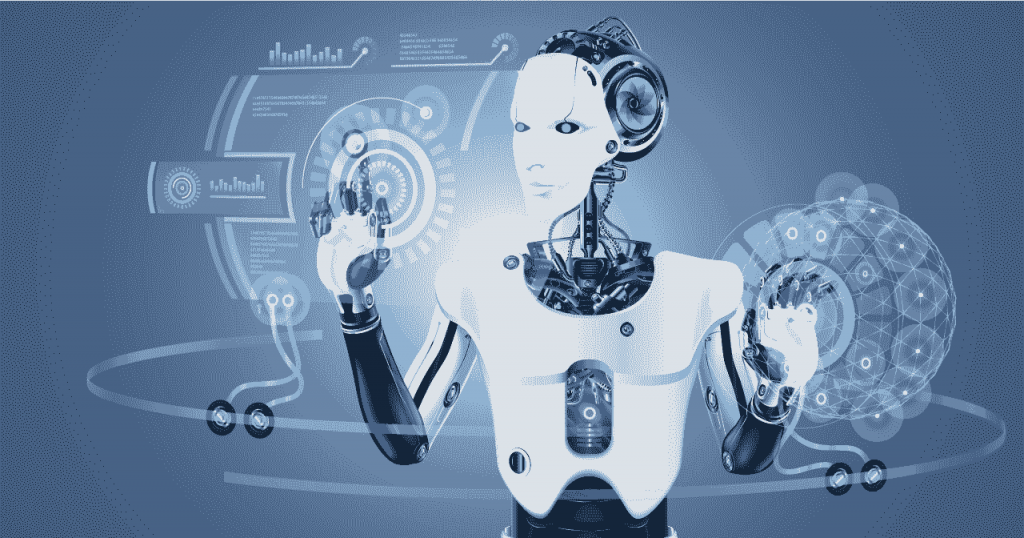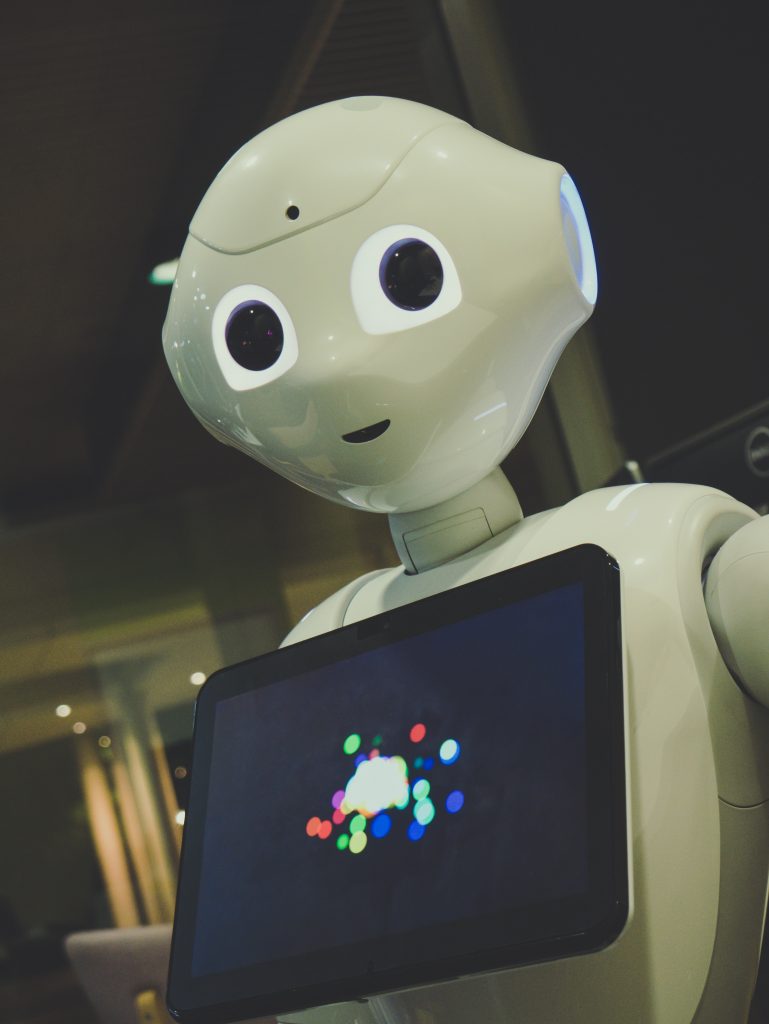Here we are giving how A Great learning to know robotic process automation| Definition, RPA Tools, Uses and rpa solutions . tools used for robotic process automation rpa. top 10 rpa tools
Robotics automation is also as a generation of machine learning and artificial intelligence where technology will be Enhance.
robotic process automation| Definition, RPA Tools, Uses and rpa solutions
- Robotic Process Automation (RPA) is technology of software that’s easy for anyone to use to automate digital tasks. With uses of RPA, software can be create or “bots”, that can learn, mimic, and then execute rules-based business processes.
Why is RPA transformative?
RPA technology is changing how the world gets work done.
Software robots—instead of people—do repetitive and lower-value work like logging into applications and systems, moving files and folders, extracting, copying, and inserting data, filling in forms, and completing routine analyses and reports. Advanced robots can even perform cognitive processes like interpreting text, engaging in chats and conversations, understanding unstructured data, and applying advanced machine learning models to make complex decisions.top 10 rpa tools
When robots do these types of repetitive, high-volume tasks, humans are freed to focus on the things they do best and enjoy more: innovating, collaborating, creating, and interacting with customers. Enterprises get a boost, too: higher productivity, efficiency, and resilience. It’s no wonder that RPA is rewriting the story of work.
language uses for RPA :
- Fundamental languages are used here like ; C/C++, Java, Fortran, Python etc. The most popular language in robotics is probably C/C++ (C++ is an object-oriented successor to the C language).tools used for robotic process automation rpa
What’s RPA automated process & Uses ?
7 Uses of Robotic Process Automation (RPA)
- Customer Service. RPA automation changes how businesses can deal with their customers
- Invoice Processing. Financial processes are crucially important to the everyday functions of any company
- Boost Productivity
- Employee Onboarding.
- Payroll
- Storing Information.
- Analytics.
Top 10 robotic process automation-rpa tools :
- 1. Blue Prism
- 2. Inflectra Rapise
- 3. Uipath
- 4. Automation Anywhere
- 5. Pega
- 6. Microsoft rpa
- 7. Sap rpa
- 8. Kofax rpa
- 9. contextor
- 10. Nice system
four robot types:
- 1.Validation and Verification Robots
- 2. Data Entry Robots
- 3.Scheduled/Trigger Robots
- 4. System Integration Robots
business benefits of rpa :
Robotic process automation streamlines workflows, which makes organizations more profitable, flexible, and responsive. It also increases employee satisfaction, engagement, and productivity by removing mundane tasks from their workdays.
RPA is non-invasive and can be rapidly implemented to accelerate digital transformation. And it’s ideal for automating workflows that involve legacy systems that lack APIs, virtual desktop infrastructures (VDIs), or database access.
Why is RPA the fastest-growing enterprise software in the world?
• RPA can help many different types of industries address their specific operational issues in new and powerful ways.
• Employees find that it’s easy to adopt robotic assistants into their workdays,
.And that RPA’s low-code approach lets them become citizen developers who can build their own simple automations.
RPA is not AI; AI is not RPA. But the combination of RPA and AI unlocks massive new possibilities for enterprises everywhere. For one thing, RPA technology now makes it possible to insert advanced AI skills in the form of machine learning models, natural language processing (NLP), character and image recognition, and more into RPA robots. Giving robots these AI skills dramatically expands their ability to handle cognitive processes that require things like: tools used for robotic process automation rpa
RPA is not AI; AI is not RPA. But the combination of RPA and AI unlocks massive new possibilities for enterprises everywhere. For one thing, RPA technology now makes it possible to insert advanced AI skills in the form of machine learning models, natural language processing (NLP), character and image recognition, and more into RPA robots. Giving robots these AI skills dramatically expands their ability to handle cognitive processes that require things like: robotic process automation| Definition, RPA Tools, Uses and rpa solutions
For More About RPA (FAQ)
For More About RPA (FAQ)
rpa makes organizations more profitable, flexible, and responsive. It also increases employee satisfaction, engagement, and productivity by removing mundane tasks from their workdays.


